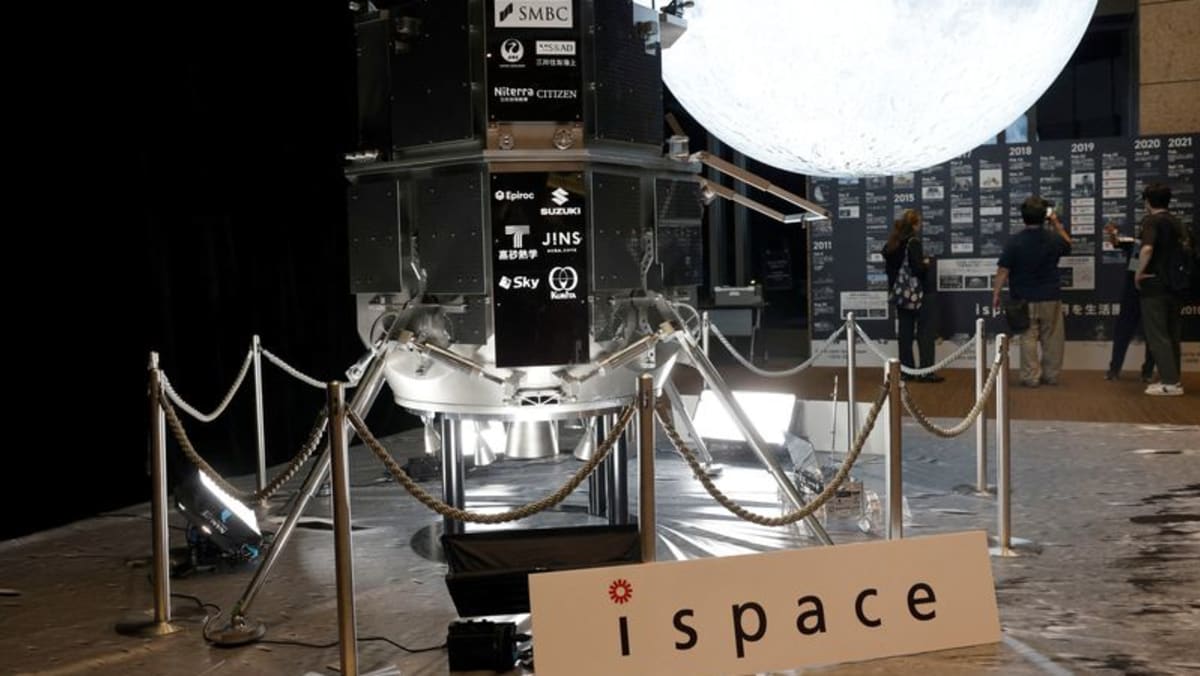This figure is even higher in critical fields such as artificial intelligence: Over 80 per cent of doctorate holders who completed AI-related dissertations at US universities from 2014 to 2019 joined the American workforce after graduation.
In April, the Institute for Progress think tank reported that most of America’s top AI companies’ founders were immigrants, with a majority hailing from India and China.
Losing out on the talent, innovation, and economic growth that Chinese graduates of American universities provide would undermine US tech advantages at a time when US-China AI competition is at an all-time high.
CHINA IS UNLIKELY TO RETALIATE IN KIND
Little wonder then, that the decision to revoke Chinese visas has also been described as an example of the US “shooting ourselves in the foot”.
Even as China slams the “unreasonable” US decision, it can sit back and enjoy the loss of credibility of American institutions instead of retaliating against American holders of Chinese student visas.
During his November 2023 visit to the United States, Chinese President Xi Jinping said he wanted to invite 50,000 Americans to China on exchange and study abroad programmes in the next five years, a massive increase from the mere 700 Americans studying in the country at the time.
China will surely remain committed to recruiting American students to “burnish its international image”. By avoiding retribution, China may well master the diplomatic art (and internet meme) of “do nothing, win.”
Meghan Murphy is the Schwarzman Fellow at the Asia Society Policy Institute, where she researches China and Southeast Asia.

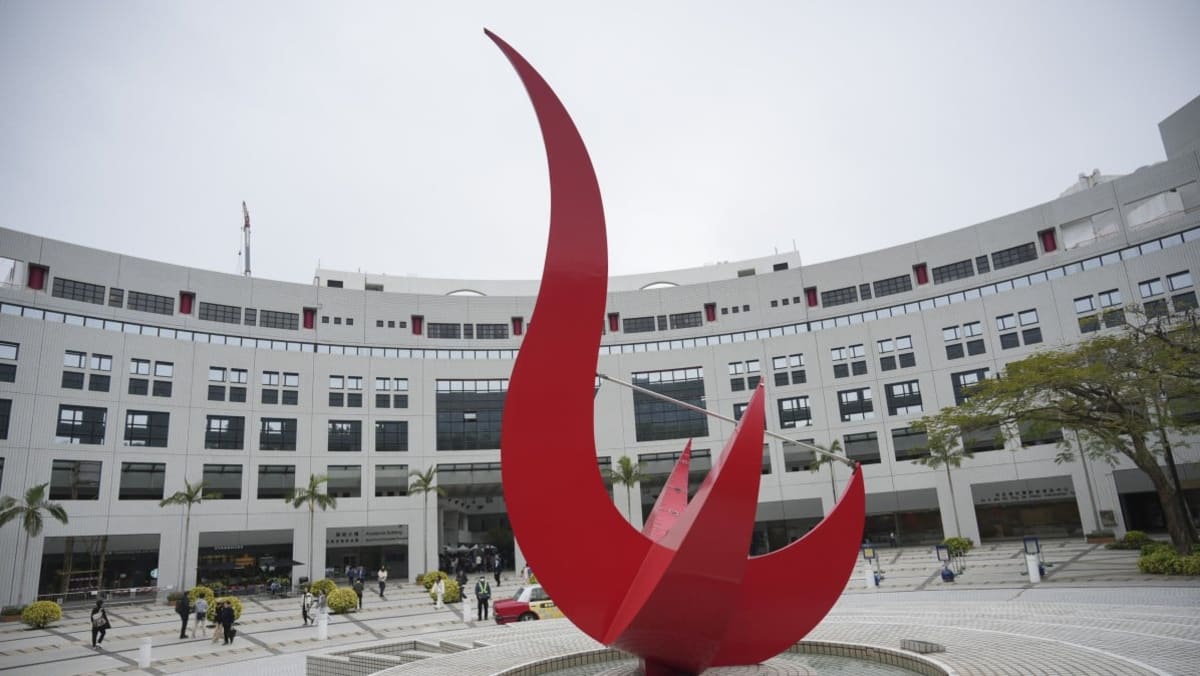



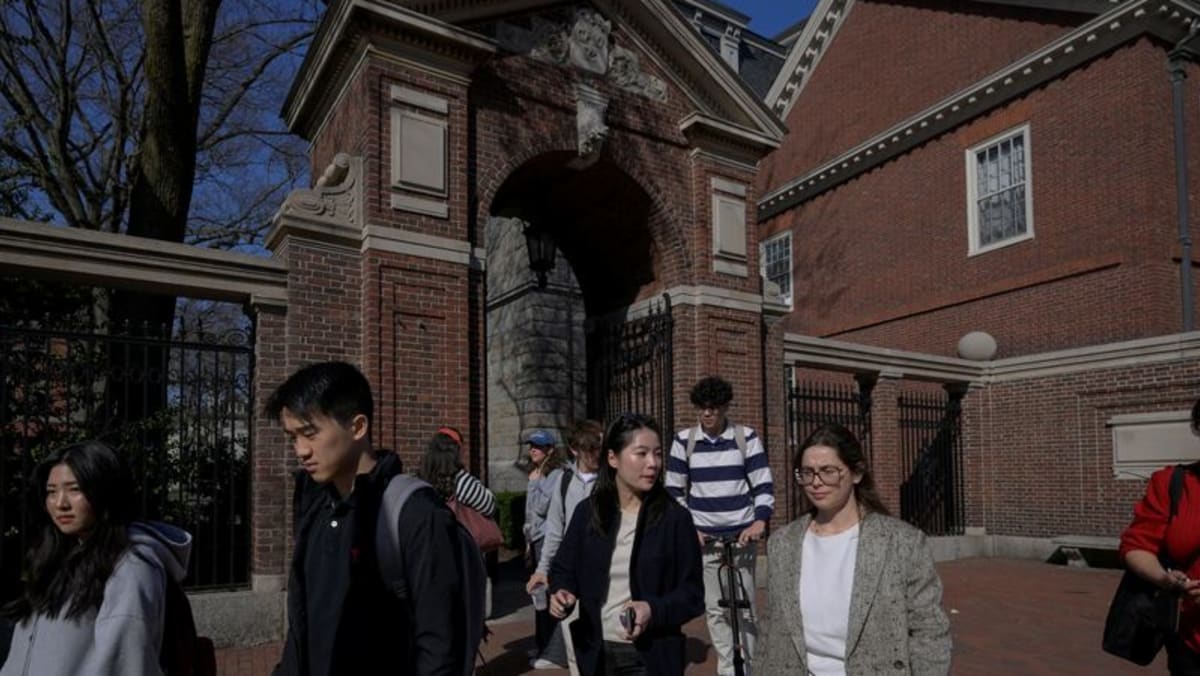
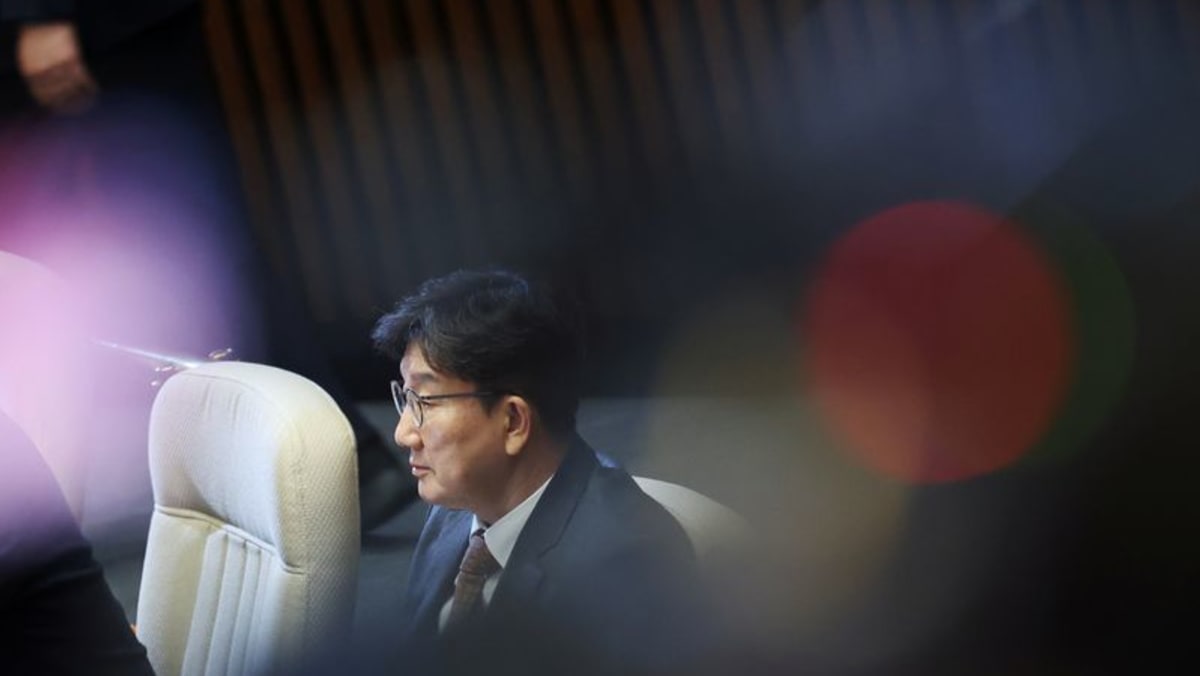
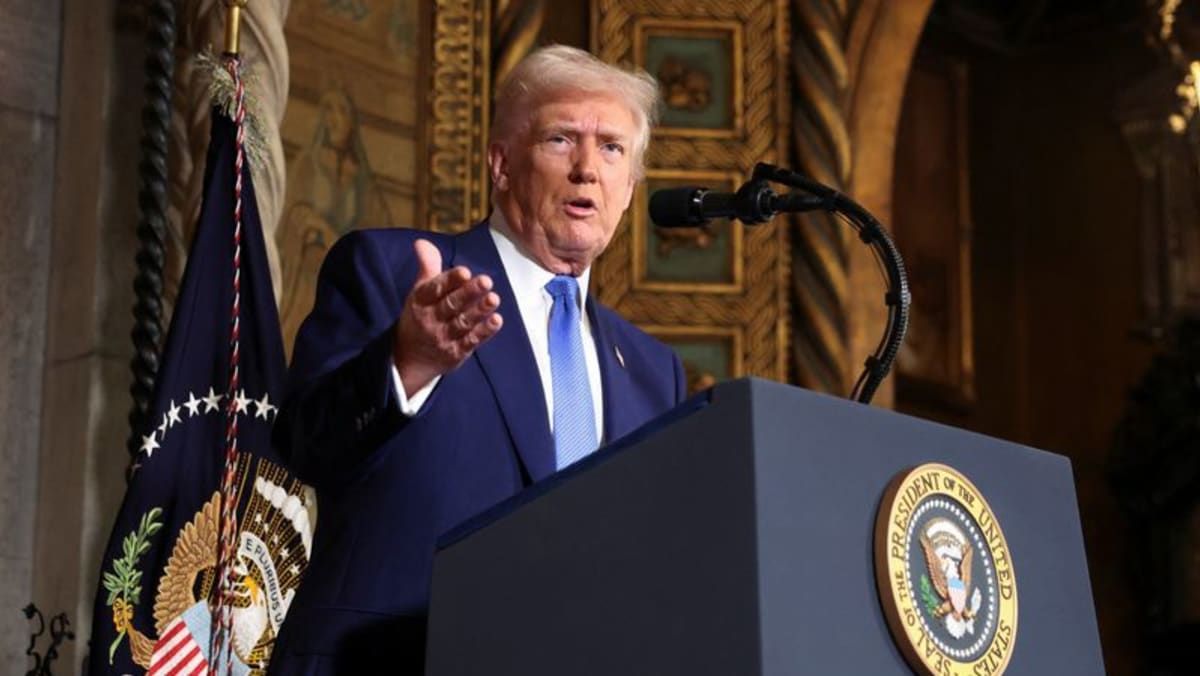

.jpg?itok=SJj5Aalk)
